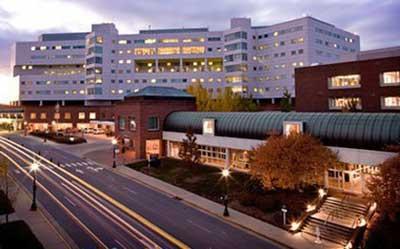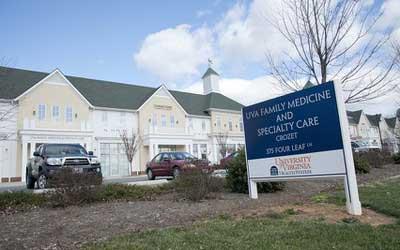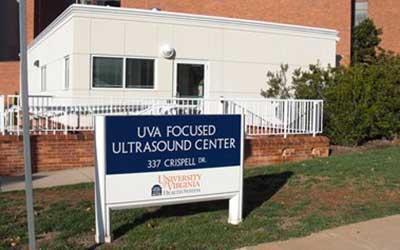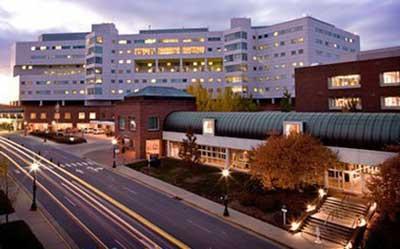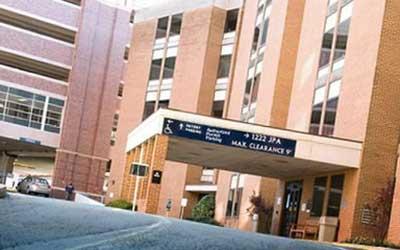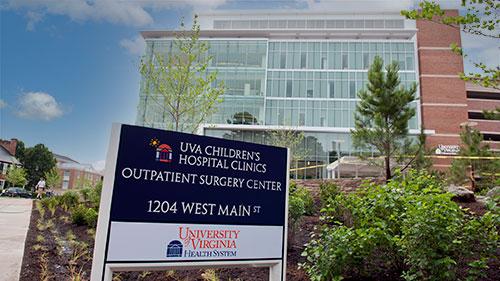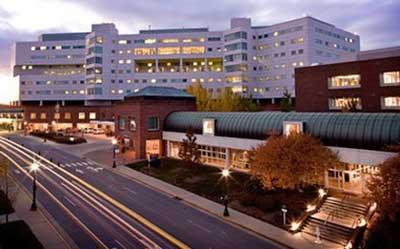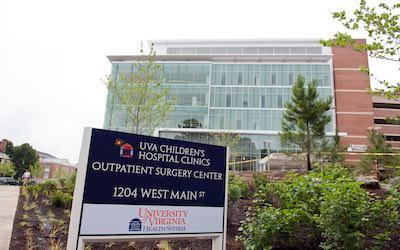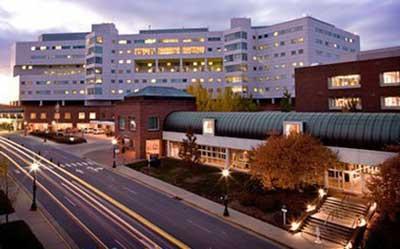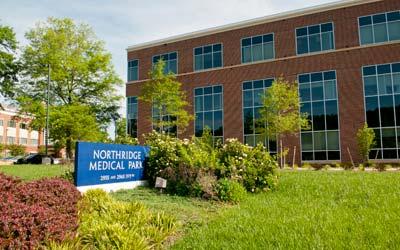Stroke Prevention
You can be at risk for stroke regardless of your age or gender. Women are more likely to die from a stroke than men, and women between the ages of 45-54 are more likely to suffer a stroke than men in the same age group. Additionally, the number of strokes in young and middle-aged people are on the rise.
Stroke Resources
Find valuable information on prevention and recovery:
Stroke Risk Factors
Eighty percent of strokes are preventable, according to the American Stroke Association. Talk with your doctor about your personal risk factors. Risk factors include:
- Atrial fibrillation (A-fib)
- Diabetes
- Family history of stroke
- High blood pressure
- High cholesterol
- Not being active
- Obesity
- Poor circulation
- Smoking
Preventing Stroke
Smoking, obesity, heavy drinking, high blood pressure — all can play a role, as can conditions such as heart disease.
You can make lifestyle changes that can help reduce your chance of getting a stroke.
Diet & Exercise
Consider the following:
- Eat more fruits, vegetables and whole grains
- Limit salt and fat
- Increase your consumption of fish
- Drink alcohol only in moderation: no more than 1-2 drinks per day
The American Heart Association recommends that you exercise at a moderate intensity for 30 minutes five times per week.
Manage Medical Conditions
You can try to prevent a stroke by:
- Checking your blood pressure and working with your primary care provider to keep it in safe range
- Keeping chronic medical conditions under control, including high cholesterol and diabetes
- Talking to your doctor about the use of statins, which can help prevent certain kinds of strokes in some people
- Seeking medical care if you have symptoms of a stroke, even if the symptoms stop
- Talking to your doctor about your drug usage
Brain Aneurysms & Stroke
A brain aneurysm happens when the walls of a blood vessel in the brain get weak and balloon out. When a brain aneurysm ruptures (bursts open), it causes a subarachnoid hemorrhage, a type of hemorrhagic stroke.
In some cases, people find out they have a brain aneurysm before it ruptures and becomes a life-threatening emergency. Our team of experts at UVA Health can determine the risk of your aneurysm rupturing and find the best treatment.
If you have a brain aneurysm, a family history of brain aneurysm, or other risk factors, we may recommend screening or genetic counseling.
Learn about these services and living with an unruptured brain aneurysm.
Stroke Prevention After a First Stroke
We're able to provide further stroke prevention after an initial event. Our preventive techniques may involve:
- A balloon angioplasty or stents in the blood vessels in the neck
- A carotid endarterectomy, in which the blood vessel is opened and the stroke-causing legion is removed
We may perform these techniques to treat narrowing of the blood vessels of the brain.
Learn more about stroke recovery.


